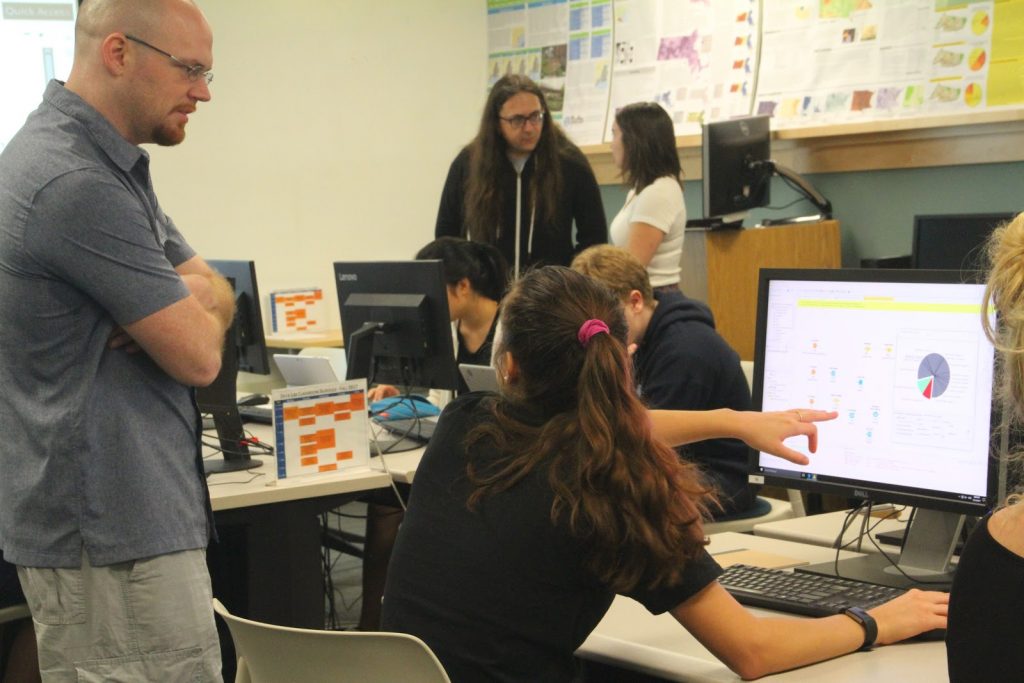What are the Digital Humanities?
Digital Humanities is an umbrella term that describes the use of emerging new digital technologies to transform the way in which members of society can engage with human record, particularly as it is recorded through text, sound, image, and video. The Digital Humanities go beyond enhancing the abilities of traditional researchers to produce new articles and monographs. The Digital Humanities are making possible a new generation of interactive publications that can include expository prose but that cannot be fully represented as the PDFs or static HTML pages which mimic print. Most importantly, the Digital Humanities allow us to transform the relationship between the human record and the intellectual life of humanity.
We need to distinguish between the Digital Humanities and the evolution of the Humanities within a digital age. We use the term Digital Humanities to designate the cutting edge, where new practices and ideas are developed and tested. The scope of the Digital Humanities is thus dynamic. As Humanists adapt to the possibilities and challenges of living in an increasingly digital world, their practices inevitably adapt and innovations become part of mainstream activity. Multi-lingual word processing, bibliographic database management systems, and even e-mail were all once required sustained development and were viewed as radical departures from comfortable ways of doing things. Successful innovations from the Digital Humanities will soon become common.
What are the Digital Humanities at Tufts?
DH at Tufts includes a growing community of faculty, staff, and students. We provide services in all aspects of digital humanities, focusing particularly on text mining, data visualizations, digital archives and editions, and digital sound studies:
- We consult with faculty and students to help produce innovative digital humanities projects, tools, and digital assignments.
- We provide instruction in digital humanities tools and methodologies through hands-on workshops and classroom visits.
- We build community by hosting events—including symposiums, speaker series, and student showcases—that actively engage debates about the vital issues in the field.
We’d love to have you join us for consultations, instruction, and community building!
The most prominent Digital Humanities Project at Tufts is the Perseus Digital Library, an ongoing experiment in the application of digitally enabled media to the study of the human record. Originally planned in 1985, Perseus has been under continuous development since 1987, has had its headquarters at Tufts since 1992, and is one of the longest continuously operating Digital Humanities projects in the world.

